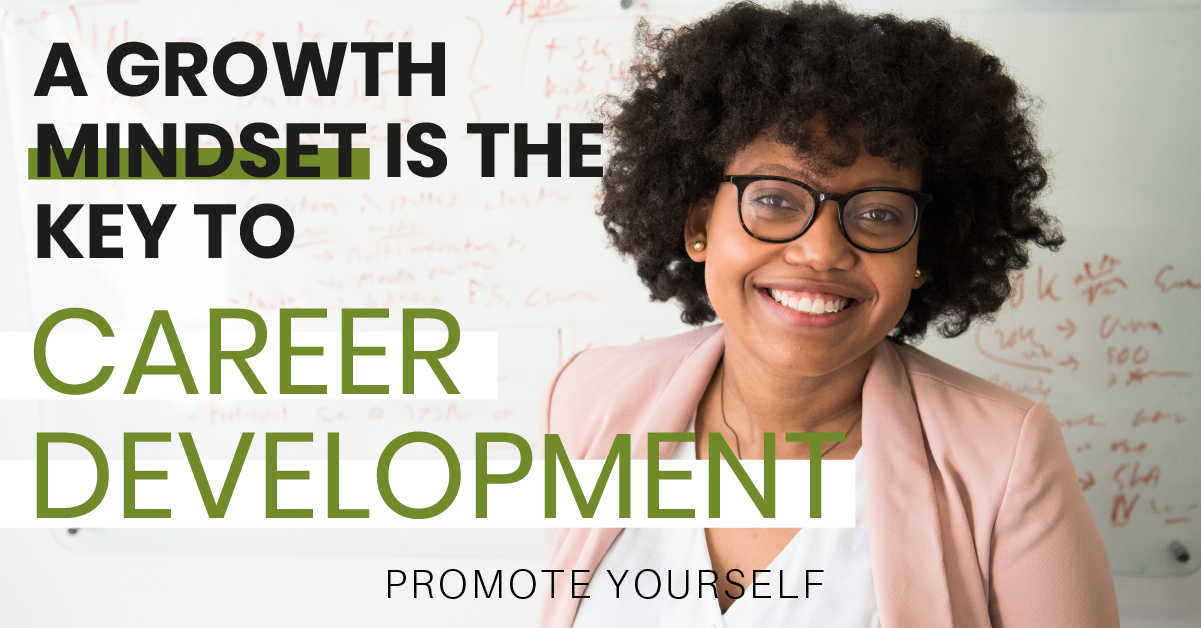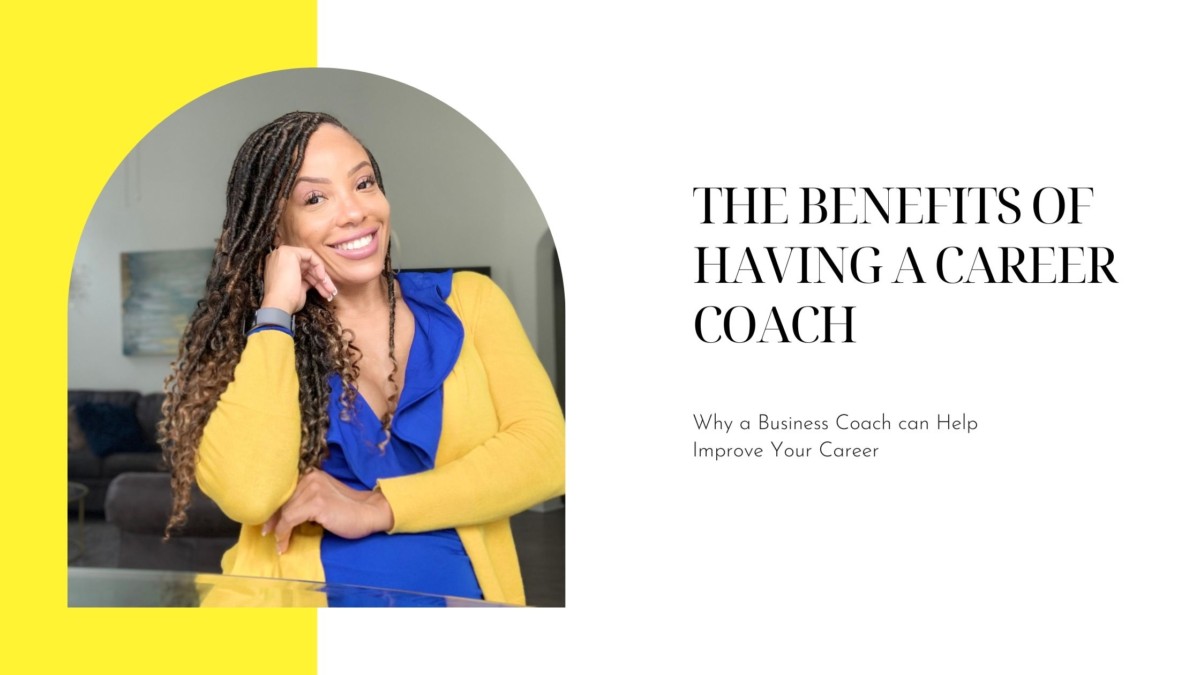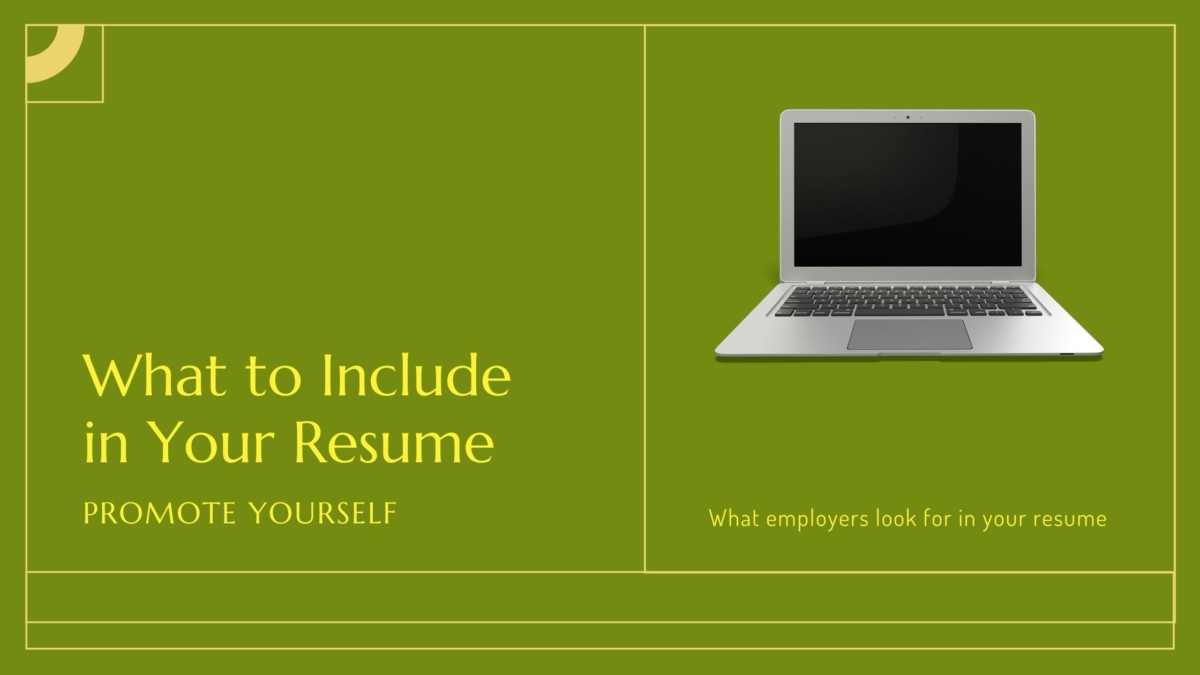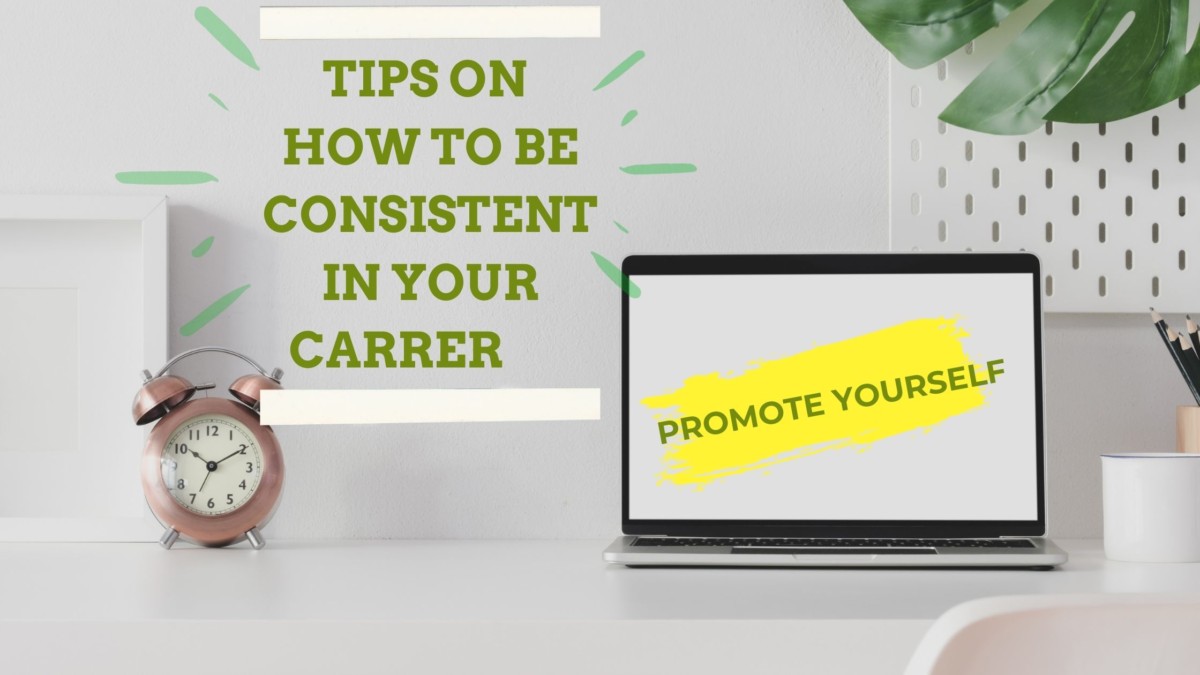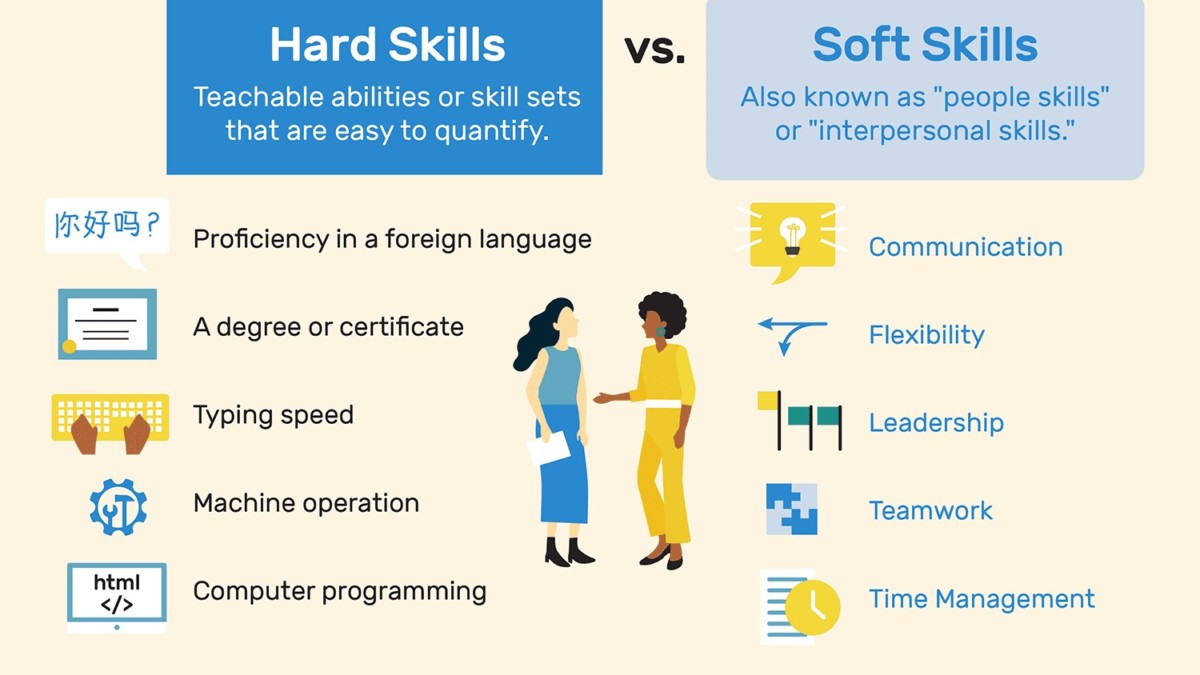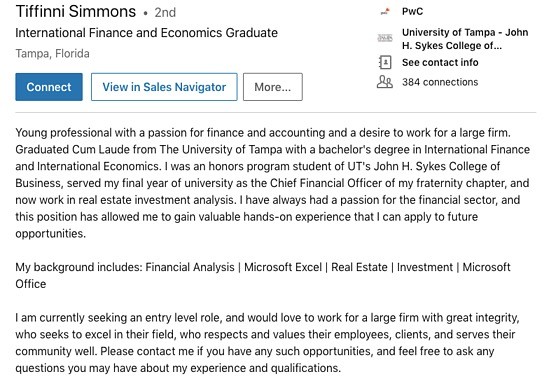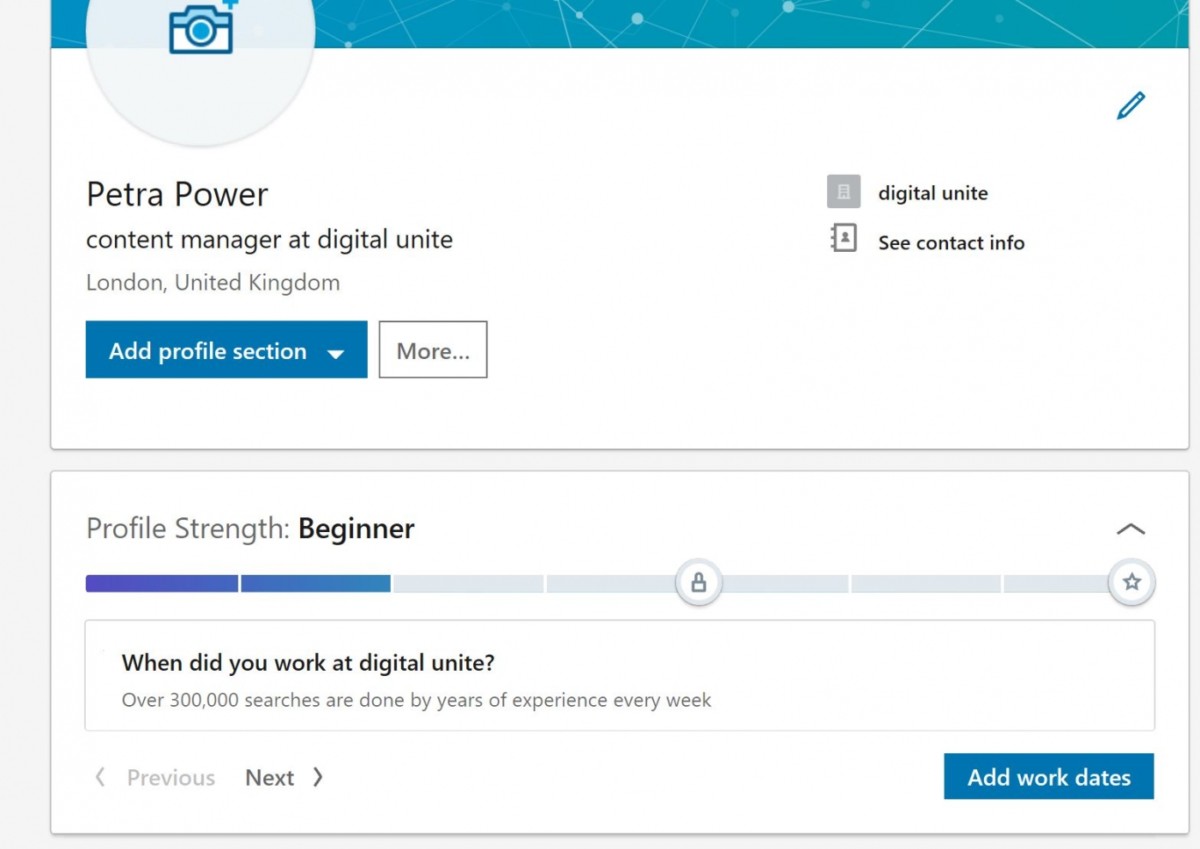Career Development Tips That Will Help You Keep Ahead of Your Career Plans
Career development is important for both employees and employers. There may be several unintended and undesired changes as well as consequences that can change the entire scenario. In such a situation both employees and employers must be ready to keep with the changing environment and act accordingly.
Employees continuously need to upgrade their skills and competencies to meet the current demands where as organizations must be ready with those employees who can handle the pressure efficiently and cease the risk of falling prey to the changed scenario. Therefore, understanding the importance of career development is very necessary for both the parties.
Career development is a must if you expect to gain maximum success and happiness from the hours you invest in work. You are likely going to work 40 hours a week for your entire adult life, and by managing your career effectively, you can make the best of those 40 hours.
Developing your talents and skills will stretch your world and enable more of your unique contribution. This, in turn, can make your career successful.
Set Goals And Create A Plan To Achieve Them
Could your career development and management use help to gain momentum? People who are the most successful and satisfied in their careers have proactively determined what they want from work.
First consider what you want to achieve, and then commit to it. Set SMART (specific, measureable, attainable, relevant and time-bound) goals that motivate you and write them down to make them feel tangible. Then plan the steps you must take to realize your goal, and cross off each one as you work through them.
Careate A Career Development Roadmap
Evaluate where you are and where you want to be in your career/careers. It can help you decide if you want to change career paths and can guide you in searching for a new job. The road map identifies the following four cyclical steps:
- Know yourself
- Explore and choose options
- Gain knowledge and experience
- Put it all together: the job search process
Do The PDCA Method (Plan-Do-Check-Act)
PDCA (plan–do–check–act), shown in Figure 1, above, is a four-step strategy for carrying out change. You can use it to evaluate where you are in the career-development process and to identify your next steps. The strategy is typically used in the business arena as a framework for improving processes and services. But you can think of your career as a personal product you are offering or selling.
- PLAN: What are your goals and objectives? What process will you use to get to your targets? You might want to plan smaller to begin with and test out possible effects. For instance, if you are thinking of getting into a certain career, you might plan to try it out first as an intern or volunteer or on a part-time basis. When you start on a small scale, you can test possible outcomes.
- DO: Implement your plan. Sell your product—which is YOU and your skills, talents, energy, and enthusiasm. Collect data as you go along; you will need it for charting and analyzing in the Check and Act steps ahead.
- CHECK: Look at your results so far. Are you happy with your job or wherever you are in the career-development process? How is your actual accomplishment measuring up next to your intentions and wishes? Look for where you may have deviated in your intended steps. For example, did you take a job in another city when your initial plans were for working closer to friends and family? What are the pros and cons? If you like, create a chart that shows you all the factors. With a chart, it will be easier to see trends over several PDCA cycles.
- ACT: How should you act going forward? What changes in planning, doing, and checking do you want to take? The PDCA framework is an ongoing process. Keep planning, doing, checking, and acting. The goal is continuous improvement.
Remember that setting goals for work is best when it is an ongoing practice. Line up your personal goals for work in a way that allows you to gather those accomplishments and learn the skills.
As a Career coach I am here to help you create an effective career plan that brings you one step closer to your dream job. I will teach you on how to design and implement your career plan, create a personal development plan , and set achievable goals
If you want to learn more go and Book a Free Call Here!
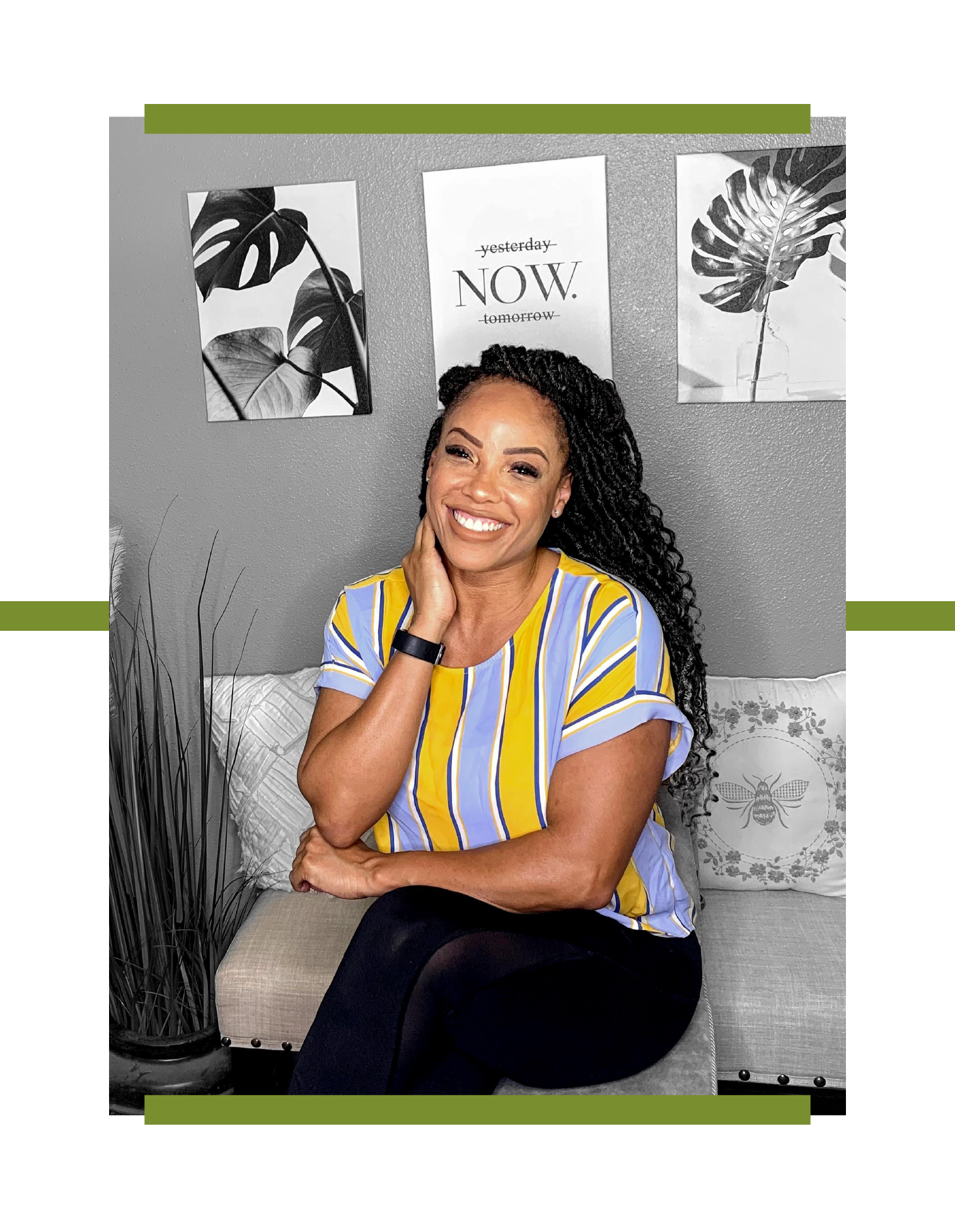
Hi, I am Ruth McCrackin!
Your Career & Success Strategist Coach with well over 11 years of experience working hand in hand with Human Resources and Business Partners in achieving company goals and mission. It is my wish for high achievers to getting their high-end position in attracting their dreams and passion. Avoid the loop holes of missing great opportunities by applying job search strategies, LinkedIn Branding, storytelling, and much more to up level your career and lifestyle. Start Your Transformation Now



